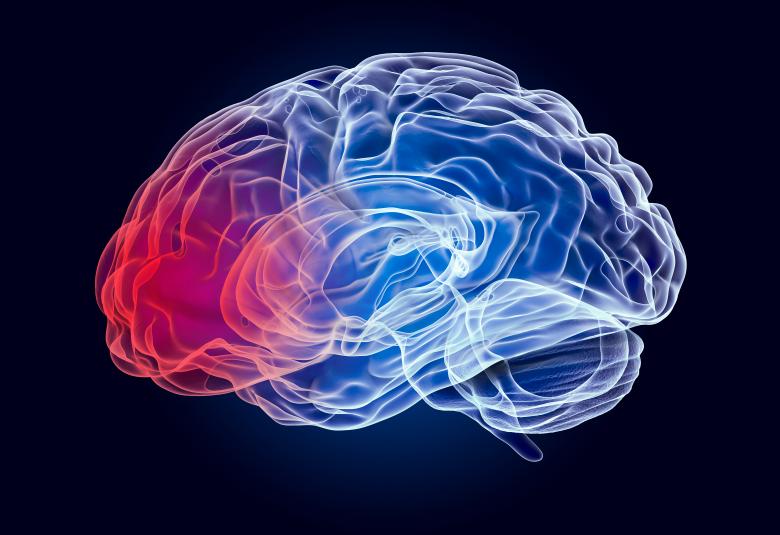The dream of personalized medicine in mental health is to prevent disorders in people most at risk and to provide tailored treatment for those who do develop them. While not there yet, this is an achievable aim, and we know what the future will look like, Charles Nemeroff told APAAM 2021.
Artificial intelligence will combine information about an individual’s genotype, epigenetics and metabolomics and integrate it with evidence of adverse experiences to predict vulnerability to anxiety, depression and post-traumatic stress disorder, Professor Nemeroff said during his lecture accepting the first annual Nasrallah Family Neuroscience Award.
The algorithms that result will predict both the likelihood of developing a disorder, and the chances that any given patient will respond to different approaches to treatment (such as pharmacotherapy versus cognitive behavior therapy) or even different agents within an approach, such as use of an SSRI or an SNRI.
Gene-environment interaction is the norm in determining vulnerabiity, and epigenetics has a major role
Given the capacity of machine learning to handle vast amounts of data, and our understanding of predictive factors – which range from childhood trauma to the presence of one or two short alleles in the serotonin transporter gene -- such a future can be foreseen, argued Professor Nemeroff (Dell Medical School, University of Texas Austin, USA). But we are not there yet.
Examples of what we do know
Several studies provide sound evidence of the interaction between genotype and environment in determining outcome:
- Childhood abuse alters the endogenous stress response, which is orchestrated by corticotropin-releasing hormone (CRH). Polymorphisms in the CRH receptor type 1 gene strongly interact with level of childhood abuse to predict adult depression.1
- This effect is similar to that seen previously in the archetypal study of gene-environment interaction showing that the probability of MDD following childhood maltreatment depends on a functional polymorphism in the promoter region of the serotonin transporter gene.2
- Childhood abuse and adult trauma have additive effects on the severity of PTSD symptoms.3
We can also be certain of the pivotal part played by epigenetics. Around 98% of our genome is made up of non-coding DNA.4 While this does not code for proteins, it regulates gene expression through methylation.
Demethylation regulates the interaction between genes and trauma in determining risk of stress disorders5
We know, for example, that allele-specific demethylation regulates interactions between genes and childhood trauma. A polymorphism affecting the FK506 binding protein-5 gene increases the risk of stress-related disorders through demethylation and transcription.5
And an example of what we don’t know
However, although sometimes promoted as ready for routine use, there is no consistent evidence for the benefit of commercially available tests for gene polymorphisms relevant to antidepressant metabolism, Professor Nemeroff noted.
A recent randomized, double-blind, multicenter trial involving 304 patients showed no significant improvement in MDD outcome when therapy guided by an assay for a panel of pharmacokinetic and pharmacodynamic variants was compared against treatment as usual.6
A JAMA editorial noted that the use of pharmacogenomic tests to predict treatment efficacy in individual patients is a sincere and achievable goal, but we do not yet know how best to achieve it.7
Our correspondent’s highlights from the symposium are meant as a fair representation of the scientific content presented. The views and opinions expressed on this page do not necessarily reflect those of Lundbeck.




